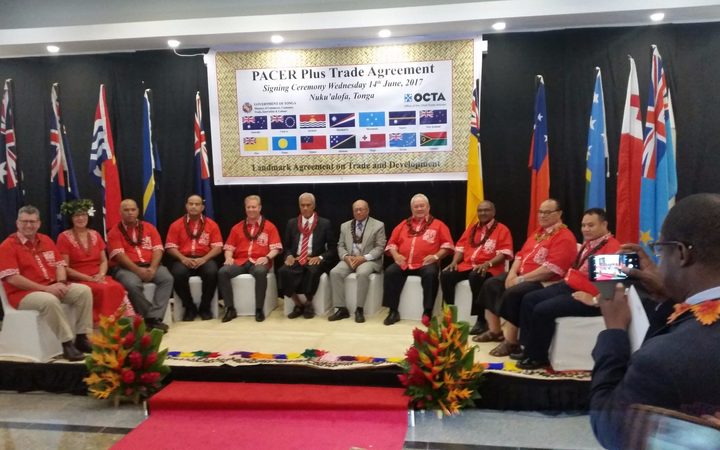Cleo Paskal - "The '3 Geos' Reshaping Our World" from Camden Conference on Vimeo.
The 31st Camden Conference
New World Disorder and America’s Future
February 16, 17, 18, 2018
Cleo Paskal is an associate fellow in the Energy, Environment and Resources department of Chatham House, the Royal Institute of International Affairs, an independent policy institute based in London. She is a geopolitical expert specializing in the confluence of the “three geos” (the geopolitical, geoeconomic, and geophysical). Her research includes the geopolitical, security, and economic implications of environmental change (including climate change) and Arctic and Pacific security.
Ms. Paskal is an adjunct faculty member in the Department of Geopolitics, Manipal University, India and adjunct professor of Global Change in the School of Communication and Management Studies, Kochi, India. In 2015, she was awarded a Pierre Elliott Trudeau Foundation Visiting Fellowship to lead a multi-year research project based at the Centre d’études et de recherches internationales de l’Université de Montréal (CÉRIUM) looking at strategic shifts in the Indo-Pacific region.
Ms. Paskal has taught at the US Army War College, the Royal College of Defence Studies (UK), the National Defence College (India), and the National Defence College (Oman). She has consulted for or briefed the Foreign and Commonwealth Office, the German Foreign Office, the European Union, major corporations and security professionals.
Her book Global Warring: How Environmental, Economic, and Political Crises Will Redraw the World Map has won multiple awards. Her most recent book, the bestselling Spielball Erde, was co-authored with German TV news anchor Claus Kleber, and focuses on the security implications of climate change. She has been a columnist for Canada’s National Post and Toronto Star, a radio producer for the BBC, and the author of an Emmy-winning documentary television series.
-
The 2018 Camden Conference explored shifts in global power and the ramifications for major players, particularly China, the US and the nations of Europe, in pursuing their national interests. Our speakers addressed the impact of globalization, the rise of nationalism, transformations in global economies, and the management of a range of future threats such as climate change, population growth, and cyber insecurity. How can the United States remain competitive economically, preserve national security, safeguard American values, and meet dangerous challenges from unstable countries? What role in the world do Americans want for their country?
